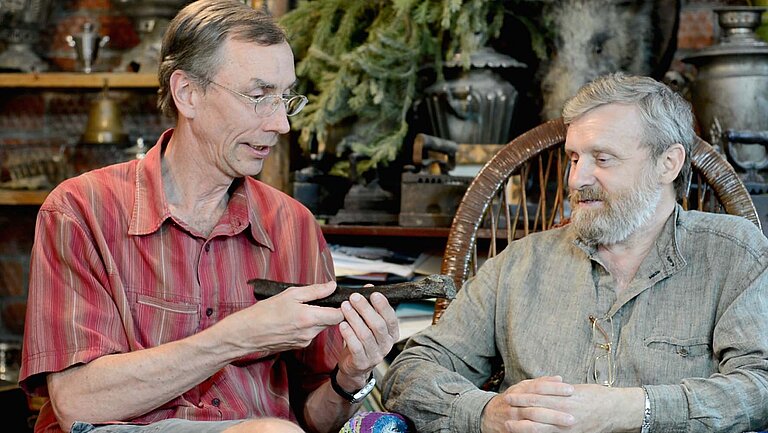Researchers discover fragments of Neandertal DNA in the genome of a 45,000 year-old modern human from Siberia
A research team led by Svante Pääbo of the Max Planck Institute for Evolutionary Anthropology in Leipzig, Germany, has sequenced the genome of a 45,000 year-old modern human male from western Siberia. The comparison of his genome to the genomes of people that lived later in Europe and Asia show that he lived close in time to when the ancestors of present-day people in Europe and eastern Asia went different ways. Like all present-day people outside Africa the Ust’-Ishim man carried segments of Neandertal DNA in his genome. But these segments were much longer than the ones found in present-day humans and indicate that the admixture with Neandertals took place between 50,000 and 60,000 years ago.
